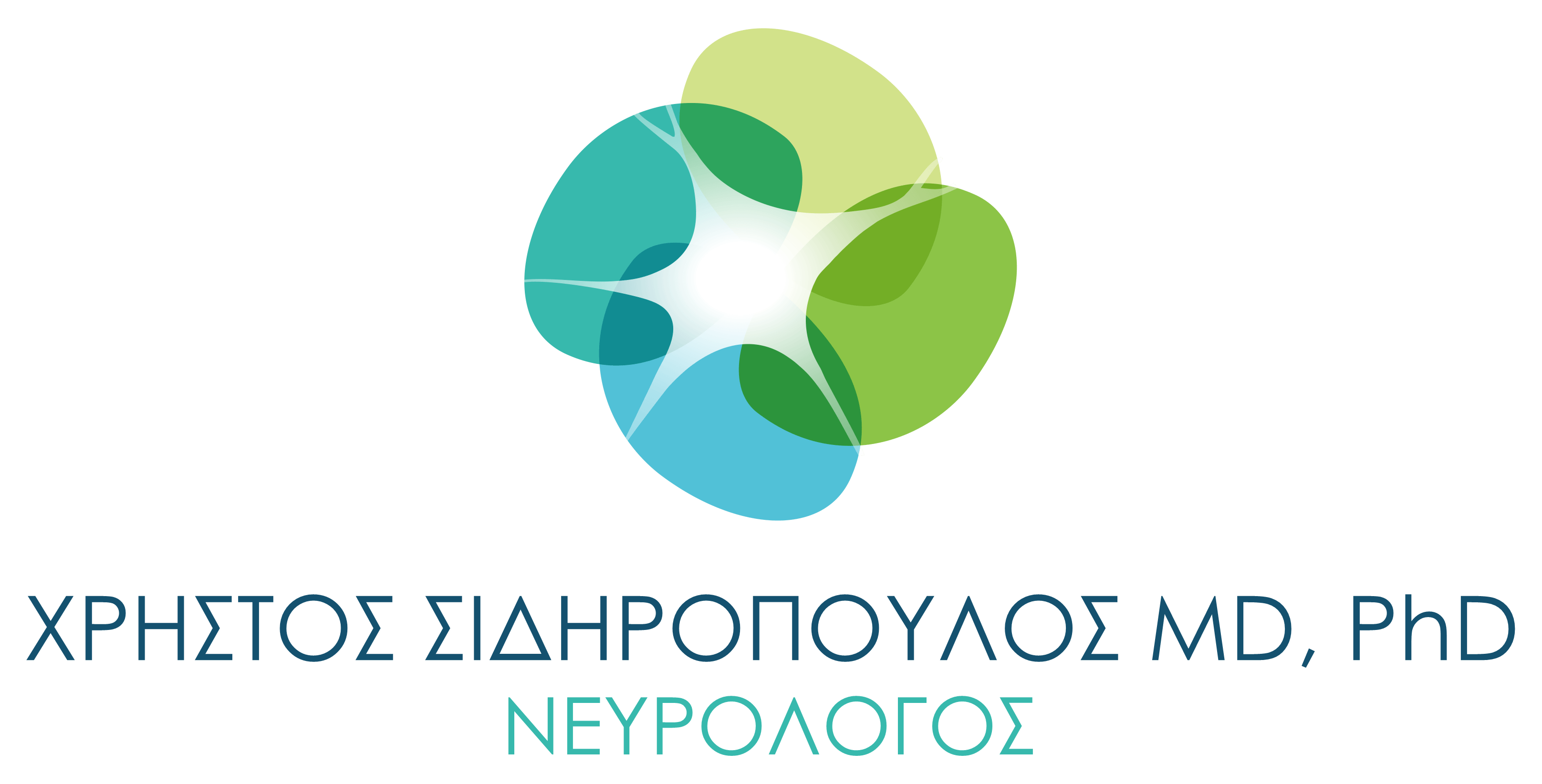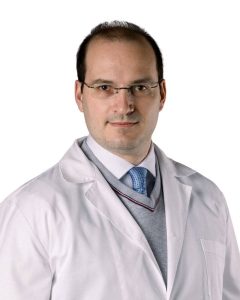What are tics?
Tic refers to stereotypical movements and vocalizations that are uncontrollable and are preceded by an internal urge. Tics are sudden, fast, repetitive and patterned movements without purpose. They can be simple or complex.
Simple tics come on suddenly and last weeks or months. They can involve eye opening/closing, shoulder shrugging, eyebrow elevation, neck turning or head jerks. Throat clearing, sniffing and yawning can also represent motor tics.
Tics may not necessarily need medical treatment, but they can get severe enough to be disabling. They can also be part of Tourette’s syndrome which is a neuropsychiatric disorder.
What is Tourette’s syndrome?
Tourette’s or Gilles de la Tourette syndrome, is a disorder that typically occurs prior to the age of 18 and is more common in men. It manifests usually at around 4-6 years of age and gets more severe by age 10-12. There is oftentimes a family history. Patients with Tourette’s syndrome suffer from a combination of motor and phonic tics, simple or complex that last longer than a year.
Over 50% suffer from attention deficit hyperactivity disorder, stress, depression, sleep disorders and some of them may have self-injurious behavior. People with Tourette’s syndrome may have less severe symptoms as they grow older and in some cases symptoms may resolve completely.
Treatment may initially involve only reassurance if symptoms are very mild but may involve cognitive-behavioral therapy and medical treatment. The latter should be prescribed by a neurologist with specialty training in movement disorders. In refractory cases, where everything else has failed, treatment with Deep Brain Stimulation can be attempted.


